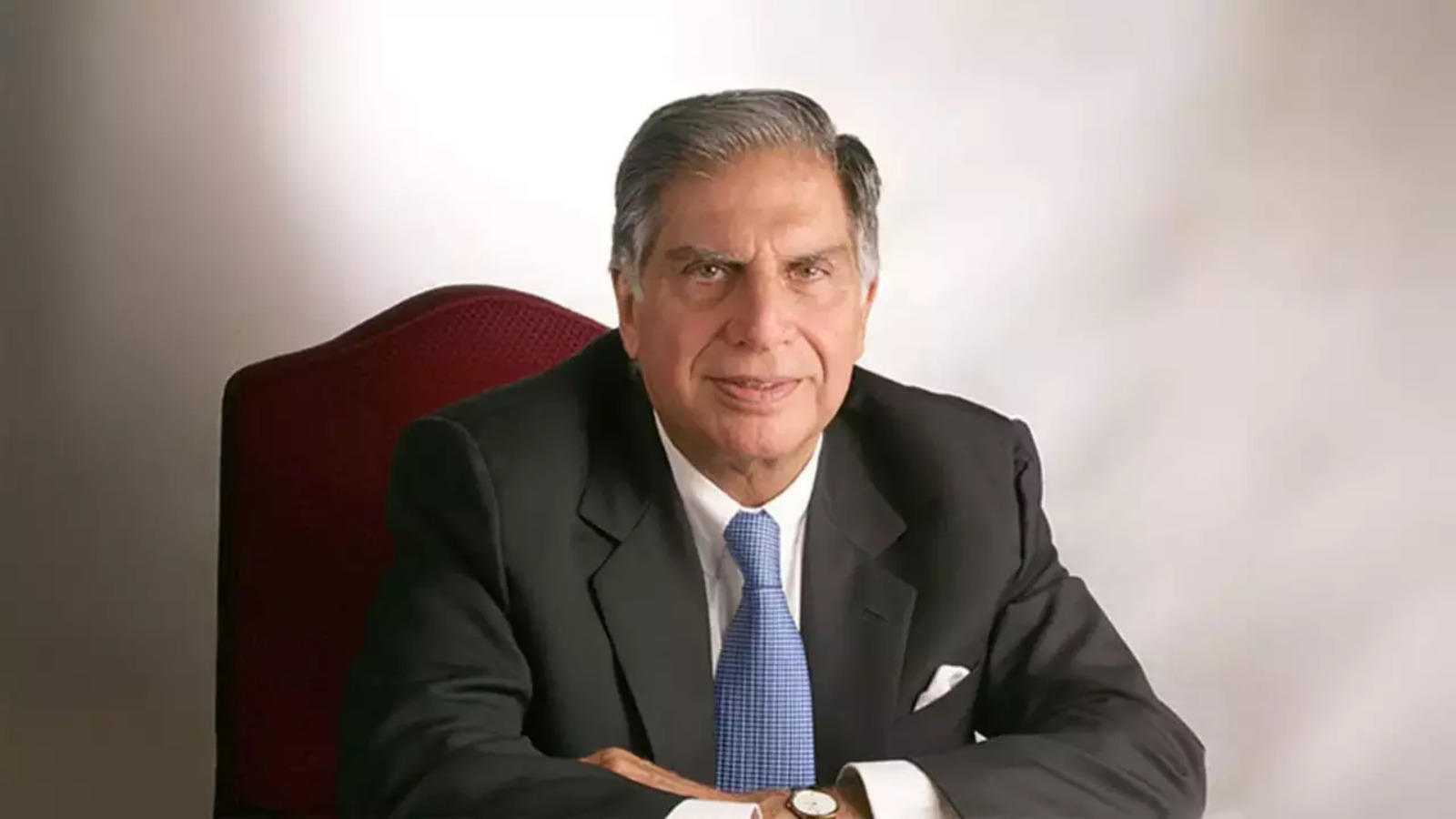Introduction
“ I don’t believe in taking right decisions. I take decisions and then make them right.”
This quote recounts Ratan Tata’s unique journey as a successful leader and visionary. His ability to take calculated risks and transform them into success stories has made him a respected figure both in India and globally. Under his leadership, he guided Tata group through period of economic reforms and transformed it into a global conglomerate. As the former chairman of the Tata Group, Ratan Tata led the organization through pivotal changes, emphasizing innovation, ethics, and corporate social responsibility.
Beyond his business perspicacity, Ratan Tata was recognized for his commitment to philanthropy. He always prioritized welfare of others before personal gains. His philanthropic efforts had been far-reaching, Tata Trust, under Ratan Tata’s guidance, has funded many initiatives that emphases on the improvement of education, healthcare and rural development. Let us explore the life, career, and enduring impact of Ratan Tata on business today and society.
Early Life and Education
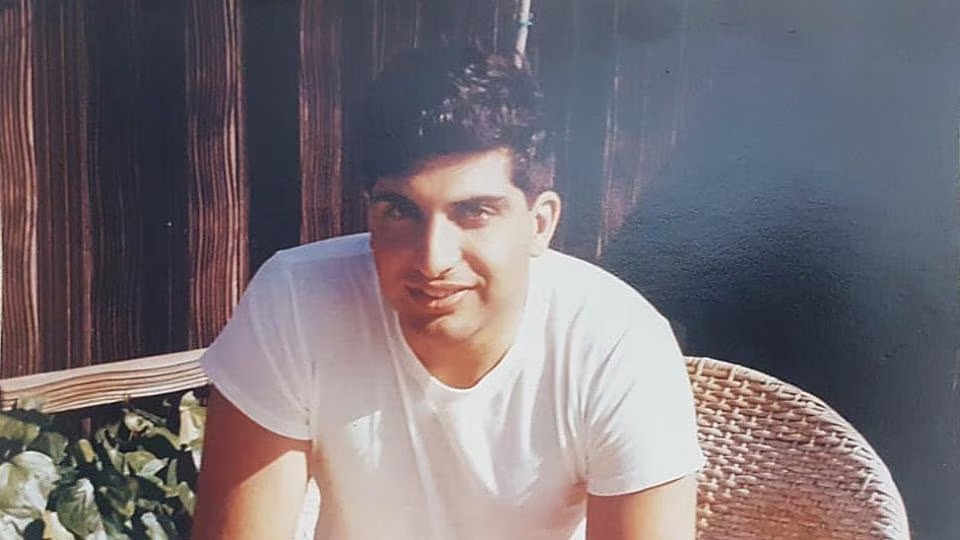
Ratan Naval Tata was born on 28 December 1937 into prominent Indian Family. He was a grandson of Jamsetji Tata, the founder of Tata Group. Ratan Tata’s parents, Naval Tata and Soonoo Tata, separated when he was 10 years old. He was then adopted and raised by his grandmother, Navajbai Tata, who played a crucial role in shaping his character and values. She raised him with a strong emphasis on ethics, discipline and the importance of giving back to society which instilled him a lifelong commitment to philanthropy.
Ratan Tata started his schooling from Campion School, Mumbai and studied there until 8th grade. He then continued his studies at the Cathedral and John Connon School in Mumbai, the Bishop Cotton School in Shimla and the Riverdale Country School in New York City. In 1962, He pursued his graduation with a Bachelor’s Degree in Architecture and Structural Engineering from Cornell University, New York. After completing his engineering degree, he gained his management degree from one of the prestigious Ivy League, Harvard University. He was an alumnus for Cornell University and Harvard University.
Career Journey
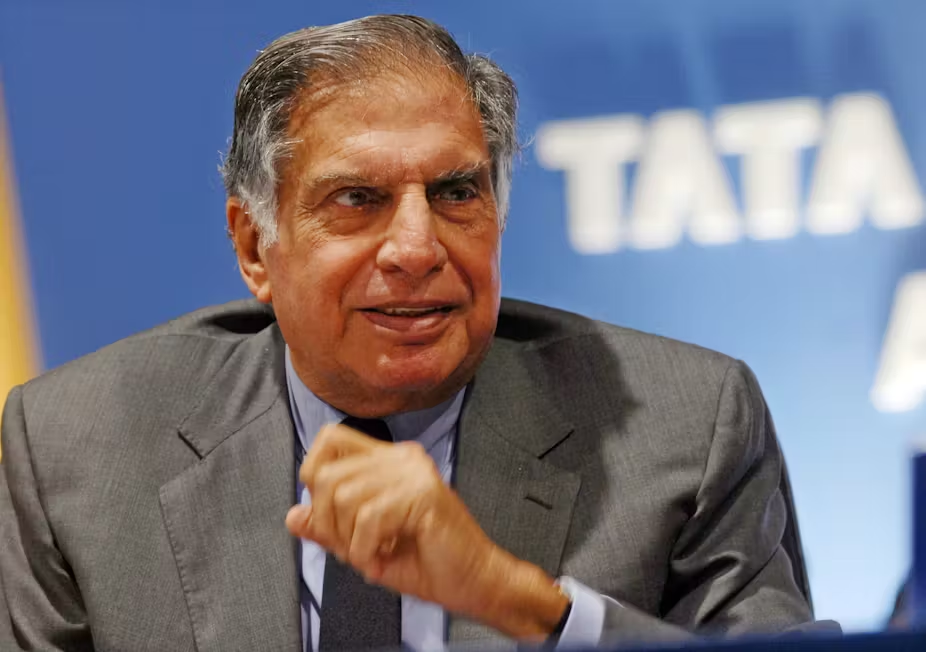
After completing his education, he returned to India and received a job offer from IBM. But at the insistence of JRD Tata, he chose to join Tata Industries in 1962. His early roles involved working in various Tata companies, gaining valuable experience in different sectors. He began his career at Tata Motors, which was then known as Telco, where he spent six months. Then he moved to Tata Steel (then Tisco) in 1963 as a technical officer in the engineering division. Ratan Tata’s leadership potential quickly became apparent as he took on diverse roles, including representing the Tata Group in Australia and contributing to Tata Consultancy Services (TCS) during its formative years. In 1971, he was appointed as the director of National Radio and Electronics (NELCO), a company facing significant financial challenges. His ability to navigate these difficulty and implementing strategic solutions showcased his growing expertise and resilience, setting the stage for his eventual rise to chairman.
In 1991, Ratan Tata took over as chairman of Tata Sons when JRD Tata stepped down. In this year India’s economy opened up, offering new opportunities and significant challenges. Ratan Tata guided the group through these challenges, leading a wave of restructuring and paving the way for the company’s expansion into global markets. From 2000 onwards, the Tata Group underwent significant transformations under Ratan Tata’s leadership. He spearheaded strategic mergers and acquisitions, uniting various Tata firms and expanding the group’s global presence. Notable acquisitions included Tetley, Corus, Jaguar Land Rover, and Daewoo, which not only diversified Tata’s portfolio but also strengthened its position in international markets. These moves enhanced the group’s reputation and established it as a formidable player on the global stage, reflecting a bold vision for growth and innovation. In 2008, Tata launched one of his most ambitious project, Tata Nano, the world’s most affordable car, which became a symbol of Tata’s commitment to innovation and fulfilling the needs of common man. Under his leadership, Tata Group’s revenue grew 40 times, and profit over 50 times. He led Tata Group for more than two decades and stepped down as Chairman of Tata Sons in 2012. But he still continued to guide the Tata Group as Chairman Emeritus, a position that allowed him to offer guidance while stepping away from active management.
Philanthropy and Social Impact
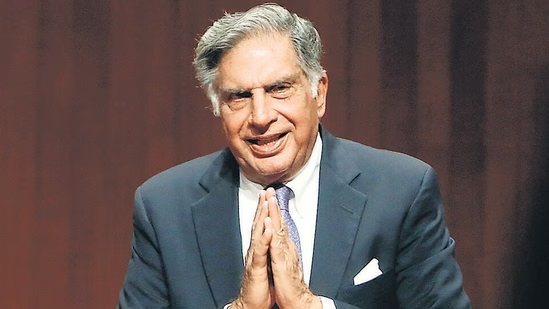
“People still remember the kind of impact you had on them, whether it was through your work or your philanthropy.”
This belief underscores Ratan Tata’s unwavering commitment to make a positive difference, as he had dedicated his life and resources to philanthropy and helping those in need, uplifting communities and addressing pressing social challenges across India. His dedication to philanthropy, particularly in education, healthcare and rural development has left a lasting impact on millions of people in India.
In 2008, he instituted the Tata Scholarship at Cornell University, New York. This scholarship aims to provide world-class education to Indian students, regardless of financial limitations and has supported numerous deserving students. Tata Education and Development Trust provide approximately 28 million dollars annually as a scholarship and support 20 students every year from India. In 2014, Tata Group donated 950 million rupees IIT Bombay and formed Tata Centre for Technology and Design. Tata Group and Tata Charities donated 35 million dollars to Harvard Business School in 2010 for the construction of an executive center.
His commitment to innovation and sustainability led to significant investments in clean water initiatives and rural electrification projects. Tata Trusts has also been instrumental in supporting agricultural research, aiming to improve the livelihoods of farmers across India. After the 2008 Mumbai Terrorist attack, Ratan Tata took quick action to support victims and established Taj Public Service Welfare Trust, ensuring the rehabilitation of the affected families. During the Covid-19 pandemic, Tata Sons and Tata Trusts combined pledged Rs 1500 Crore to support the India’s battle against the virus. The contribution of Rs 500 Crore from Tata Trusts was directed towards the PPE, testing kits and healthcare infrastructures.
Ratan Tata’s Final Days and Enduring Influence
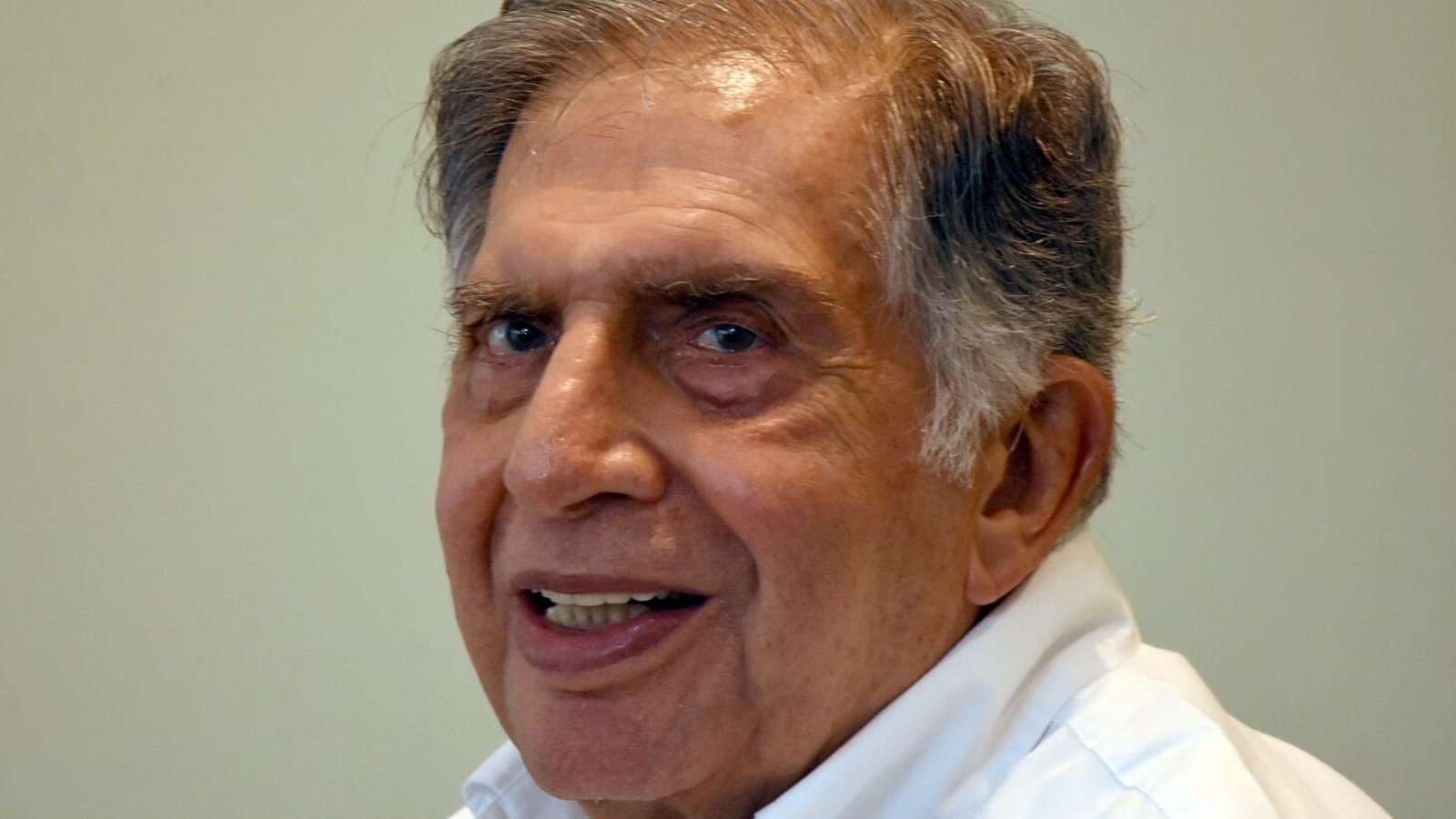
Ratan Tata’s passing on 9 October 2024 evening triggered an outpouring of tributes from leaders in numerous sectors, both within India and internationally. Politicians, business executives, and everyday citizens alike acknowledged his significant contributions to the country’s industrial development and social welfare.
Tata’s legacy as a principled leader, forward-thinking entrepreneur, and committed philanthropist guarantees that his impact will resonate for generations. His substantial influence on the business landscape and society continues to inspire countless individuals.
